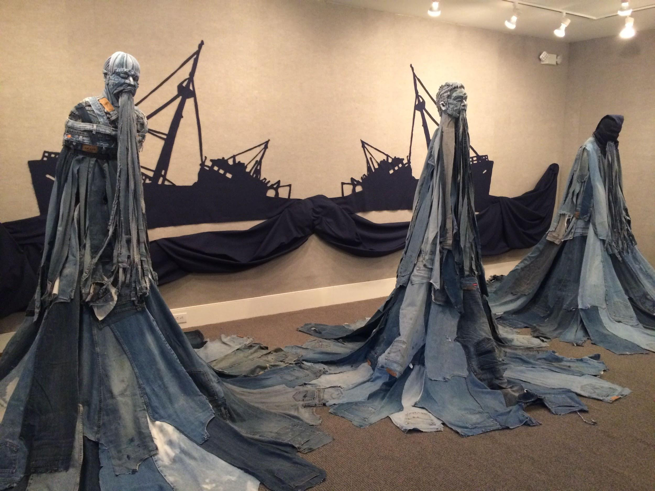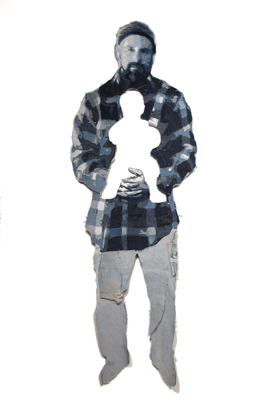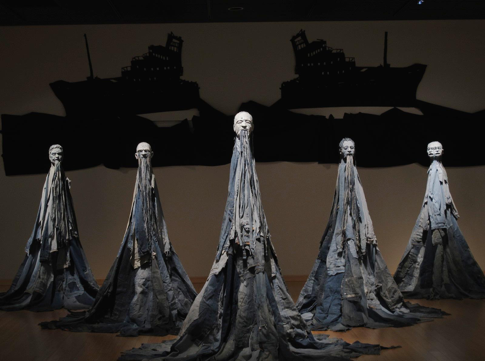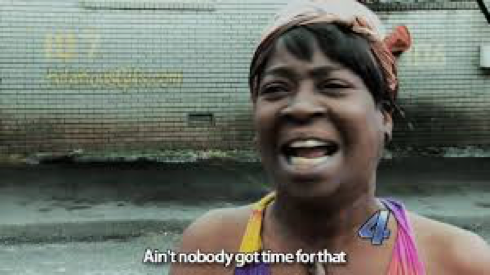3am. The alarm was ringing. It echoed in my ear as I shifted my eyes in an effort to open them. My dad would move slightly and then suddenly hit the clock to turn off the alarm. He would get out of bed and head to the bathroom. When he was finished, I would reluctantly wrap my arms around my father’s neck as he would carry me to the bathroom next. When my mom and siblings would finish freshening up, we would group up in my parents’ room and line up. We would begin by singing songs, our raspy voices cackling, attempting to harmonize with each other. Then, we would kneel and pray for forgiveness, making empty promises to God of not telling another lie. Afterwards, it would be time to read the first book that had ever meant something to me. ”Jeremiah 29:11 says ‘For I know the plans I have for you says the Lord, plans to prosper you, plans to do you good…’.” I would listen to my dad read the Bible and sit in awe at the caring voice in all the verses being read. This was the routine that my family and I followed every morning at 3am. Due to time conflictions with everyone’s busy schedules, my mom would get us up every morning to make God the first part of our day. This was the time that I fell in love with God and with reading the Bible. Every morning, there was a new scripture and passage read that would later be discussed and taken in by my 5 year old brain. I soaked it all in and I could never get enough of hearing the stories of Jesus and of those before Him who were used by God. The Bible was not only the book that I was compelled to read but it was the book that changed my life forever.
My life is built on the Bible’s principles. Growing up in a very religious family, scriptures were drilled into my head like a second language. My mom stressed how much God loved us and how vital it was to read the Bible daily because it was the only way we would get to know Him better. Every instruction and word would be learned, understood and applied to my life. Reading the Bible was what I found joy in everyday because there was always something new to learn about the God I served. As I began to grow older, I had read the Bible so many times that scriptures would flow from my lips when asked about certain ones. Soon, my desire to read began to fail. My mom however, pushed my siblings and I to keep reading, saying that there was always something different to learn from reading scripture. Although I knew she was right, I had lost the feeling I used to get when I would read it: the feeling of fulfillment and satisfaction. It began to feel as if I was being forced to read which no longer made it interesting but instead, it felt like a chore on a Saturday morning. I was yearning to feel that desire and drive again to know God and read because I knew the power of the Living Word. As a teen, it wasn’t hard to let distractions and other people take the place of reading the Bible. Although my passion for reading had fell, there was one scripture that I had never forgotten: Proverbs 22:6 “Train a child in the way that they should go and when they are old, they will not depart from it”. In every decision I made, this scripture would ring in my head. My faith was a part of me. My faith was me and even though I wasn’t reading, everything I had read stuck with me and I never let it go. Everyday, I strived to base my life on the principles of Jesus and when I fell into sin, I would remember the scripture that said “if we confess our sins, God is faithful and just to forgive us”. Despite my downfall in not reading the Bible as much as I used to, it changed my life and that is something that I will never let go of.









